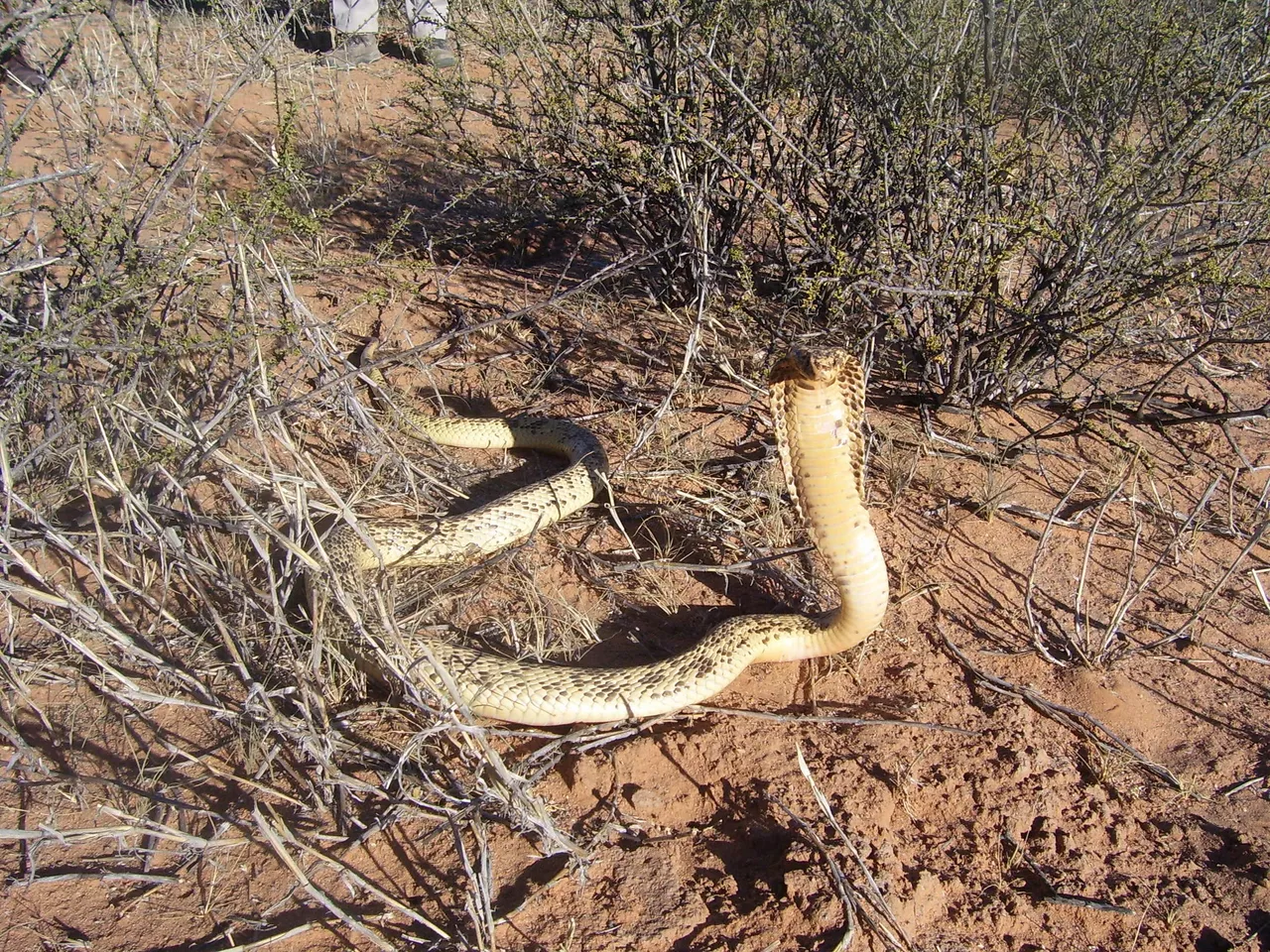
The Cape Cobra has a very powerful neurotoxic venom that can kill a man in a few hours. There are many factors that may influence the outcome of a snakebite. Here are two, and once understood, you can see why each snakebite is unique and the outcome may be different to another snakebite by the same snake.
Factor 1. The type of snake.
First of all not all snakes are venomous. So a bite from a non-venomous snake can only cause a wound with the snakes teeth. Second, there are many snakes that have venom, but the venom is not strong enough to kill a man. A bite from one of these snakes may be painful and may cause a wound but is not fatal. Third, highly venomous snakes. These snakes have been known to kill a man, but not every bite is fatal - see factor 2.
Factor 2. The amount of venom injected by a highly dangerous snake.
The snake can control the amount of venom it injects. This amount may vary from
(i)nothing -( this is called a dry bite, when a person is bitten by a highly venomous snake but shows no symptoms.)
(ii) snake may inject a sub lethal amount of venom whereby the victim shows signs of in-venomation but recovers without the need of treatment,
(iii)the snake may inject a lethal dose whereby the victim dies at an average time (5 hours with a Cape Cobra Bite),
(iv) the snake may inject up to 10 times the lethal dose and the victim dies very quickly (30 minutes)